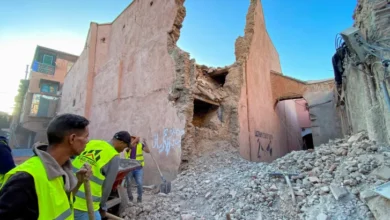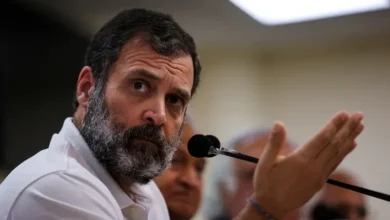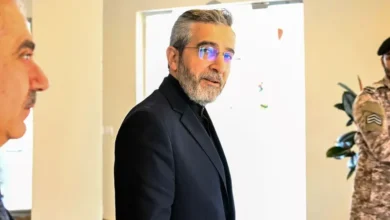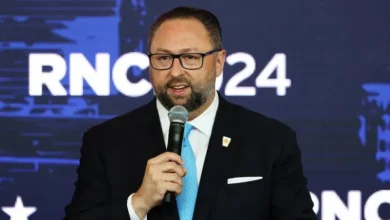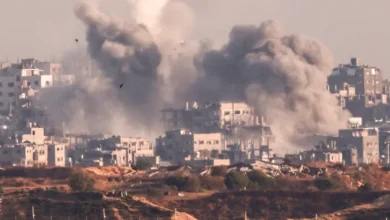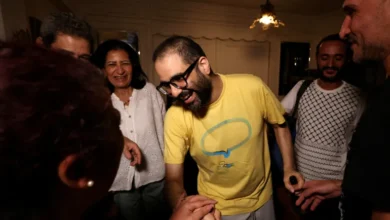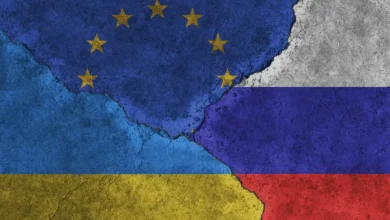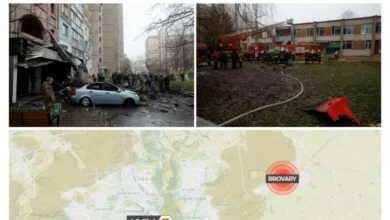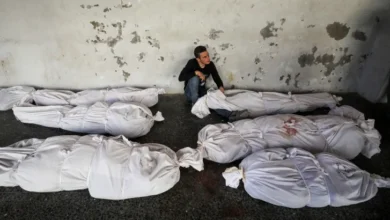Can BRICS end ‘apartheid’ against the Global South?
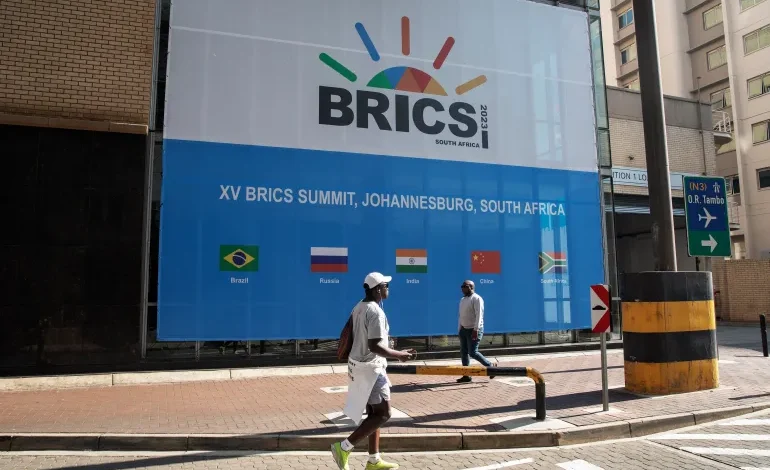
Delegates from the world’s major emerging economies, and dozens of leaders from across the developing world, are meeting in Johannesburg for the BRICS summit starting Tuesday, with one question taking precedence: Is it possible to reshape global governance so the world’s majority has an equal voice in decisions that affect its future?
The Global South, which accounts for 85 percent of the world’s population, is “on the margins and outliers in terms of global decision-making” while political and financial institutions are still dominated by a select few in the West, said Anil Sooklal, South Africa’s ambassador to the BRICS, which also includes Brazil, Russia, India and China.“You have almost a system [akin to] apartheid South Africa where the minority decides for the majority, and that’s still the situation on the world stage today,” he told Al Jazeera before the three-day meet.
“We don’t want to be told what is right for us, we want the fault lines of the current global governance architecture to be redesigned, to be reformed, to be transformed. And we want to be part of the process to create a more equitable, a more inclusive, a multipolar global community where we have fairness and justice in terms of how we conduct ourselves.”
At the summit, BRICS leaders are expected to discuss alternative currency options to challenge dollar dominance and the possibility of expanding their grouping of five to include other countries.
But analysts say that when it comes to the specifics, the grouping could struggle to reach an agreement due to their different, and sometimes competing, interests. It is not yet clear how they plan to go about implementing the changes they seek while some experts also question whether the BRICS is the best forum to take this on.A ‘stalled acronym’?
The moniker BRIC first entered the mainstream in 2001, when former Goldman Sachs economist Jim O’Neill used it in a paper to highlight the economic potential of Brazil, Russia, India and China for future investors.
The countries formed a grouping in 2009; a year later they brought in South Africa – going from BRIC to BRICS. Thirteen years on, the BRICS countries, who make up 40 percent of the world’s population, now account for a quarter of the global economy and a fifth of global trade.“[BRICS] has really just been a kind of stalled acronym,” Chris Weafer, an investment analyst with Macro-Advisory, a strategic consultancy that focuses on Russia and Eurasia, told Al Jazeera, adding that for years the group met to talk more about future intentions than practical steps.
But in the last 18 months, he has seen a change. “This is probably the first serious meeting; the first meeting where issues of making BRICS into a more effective organisation will be addressed,” he said.
“I think there is now much more serious effort on the part of the countries to make BRICS into something kind of more substantial and to make it into a group that can actually cooperate between each other and can represent the interests of each other.”
Key issues
South African President Cyril Ramaphosa, Chinese President Xi Jinping, Brazil’s President Luiz Inacio Lula da Silva and Indian Prime Minister Narendra Modi are attending in person, while Russia’s Vladimir Putin will make a virtual appearance.
